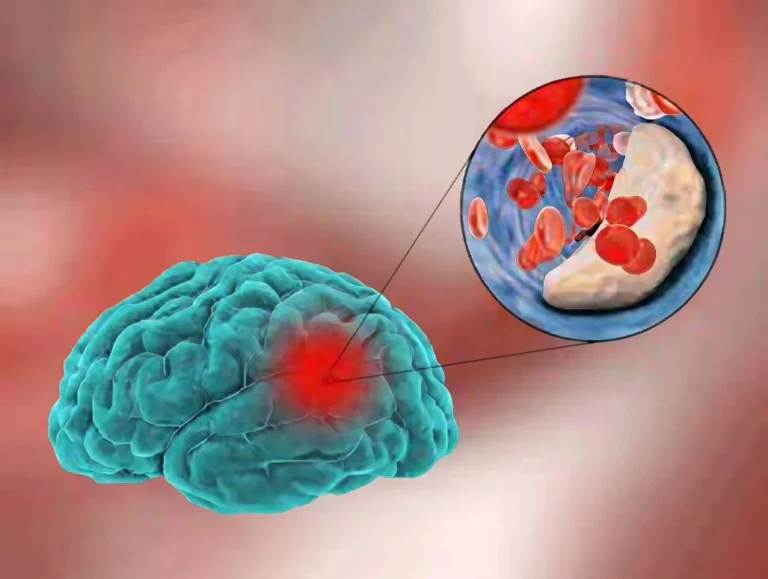
Bristol Myers Squibb (NYSE: BMY) has announced new topline results from the Phase 3 EMERGENT-4 and EMERGENT-5 open-label trials, which assessed the long-term efficacy, safety, and tolerability of COBENFY™ (xanomeline and trospium chloride) in adults with schizophrenia over 52 weeks of treatment. The data were presented at the 2024 Psych Congress, held from October 29 to November 2, 2024, in Boston, MA.
Bristol Myers Squibb announced new results from the Phase 3 EMERGENT-4 and EMERGENT-5 trials, which evaluate the long-term efficacy, safety, and tolerability of COBENFY™ (xanomeline and trospium chloride) in adults with schizophrenia over a 52-week period. These findings were presented at the 2024 Psych Congress in Boston, MA.
Dr. Alyssa Johnsen, senior vice president at Bristol Myers Squibb, stated, “The results from our long-term trials reinforce the differentiated profile of COBENFY and confirm sustained symptom reduction with ongoing treatment. We are encouraged by the compelling safety and tolerability profile associated with COBENFY, which has shown no weight gain, movement disorders, or metabolic changes during long-term use. With COBENFY now available for adults with schizophrenia, we look forward to understanding its real-world impact.”
EMERGENT-4 Trial Highlights
The EMERGENT-4 trial was a 52-week open-label extension study involving 156 adults with schizophrenia who had previously completed shorter double-blind studies (EMERGENT-2 or EMERGENT-3). Key findings include:
- Continued symptom improvement across all efficacy measures, including the Positive and Negative Syndrome Scale (PANSS) and Clinical Global Impression-Severity (CGI-S).
- Rapid improvement in symptoms for participants who switched from placebo to COBENFY.
- At the trial’s conclusion, 69% of participants showed a ≥30% improvement in PANSS total scores.
Long-term treatment was generally well-tolerated, with common treatment-related adverse events (TEAEs) such as nausea and dry mouth. The discontinuation rate due to TEAEs was 11%. Notably, participants experienced an average weight loss of -1.9 kg over 52 weeks, with no significant changes in prolactin levels or movement disorder scores.
EMERGENT-5 Trial Highlights
The EMERGENT-5 trial evaluated 566 adults in the U.S. with stable schizophrenia symptoms. Key outcomes included:
- Improvements in PANSS and CGI-S scores, confirming sustained efficacy over the long term.
- At week 52, 30% of participants had a ≥30% reduction in PANSS total scores.
- The most common TEAEs included nausea and constipation, with an 18% discontinuation rate due to TEAEs.
- Participants experienced an average weight change of -2.2 kg.
Patient Insights from EMERGENT-5
A qualitative survey conducted during the EMERGENT-5 trial showed that most participants reported negative impacts on their quality of life (QoL) at study entry. However, 86% experienced improvements in at least one QoL domain within six weeks of starting COBENFY. By six months, nearly all participants (93%) would recommend COBENFY to others, and 78% indicated they would continue treatment beyond the trial.
About Schizophrenia
Schizophrenia is a chronic mental illness that affects thinking, feeling, and behavior, impacting daily functioning and quality of life. It affects nearly 24 million people globally, including 2.8 million in the U.S.
About COBENFY™
COBENFY™ combines xanomeline, a muscarinic receptor agonist, with trospium chloride, which primarily affects peripheral tissues. While the exact mechanism of action is not fully understood, COBENFY is believed to improve symptoms by targeting M1 and M4 muscarinic acetylcholine receptors in the central nervous system.




